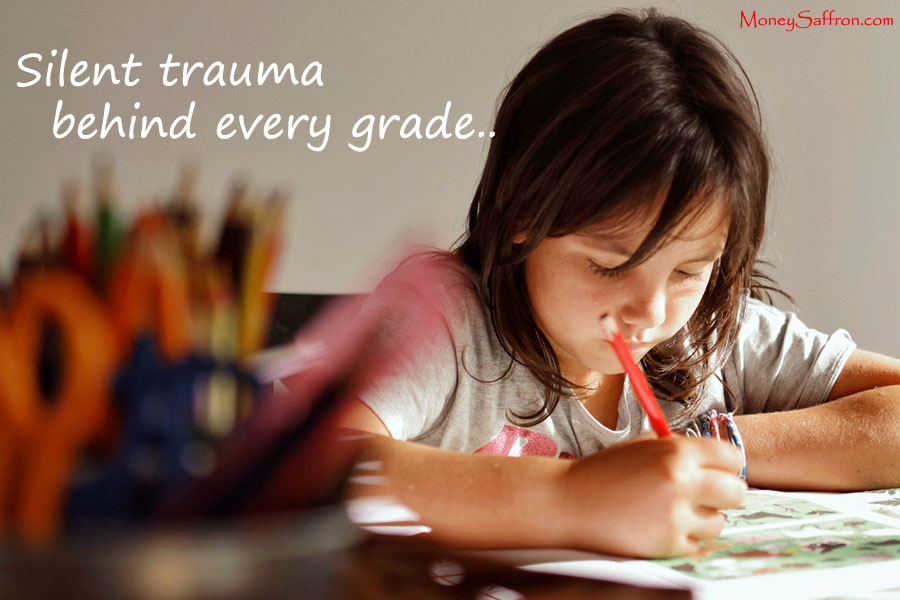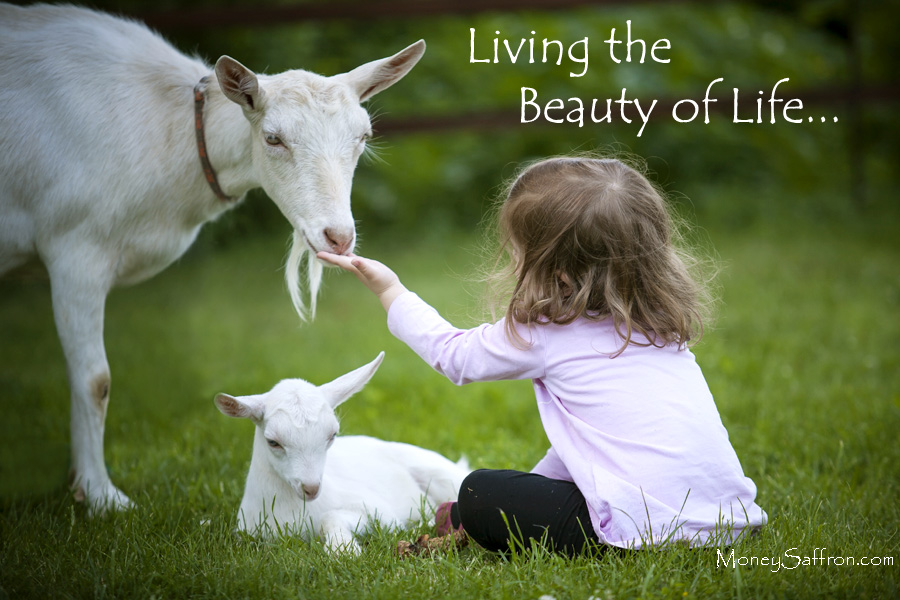Private schools in today’s world are seen as a symbol of status, modernity, and “better” education. Parents willingly pay hefty fees, believing that this will secure their child’s future. But beneath this promise lies a reality that is far from healthy. Behind glossy brochures and polished uniforms, many private schools are pushing children into a rat race of endless tasks, unwanted tests, and forced subjects. Instead of nurturing creativity and natural growth, they are unintentionally snatching away the very essence of childhood.
This article explores how private schooling practices are harming children’s emotional, mental, and physical well-being, how parents are dragged into constant stress, and why we need a rethinking of what true education should mean.
The Burden of Excessive Fees and Hidden Costs
Private schools are known for charging sky-high tuition fees. Beyond that, parents are burdened with additional expenses—uniforms from specific shops, costly extracurricular classes, activity fees, and mandatory “development” charges. While schools justify this by claiming they provide quality education, the reality is often different.
Despite such heavy financial pressure, children are still made to go through the same syllabus structure with just a polished exterior. The “value addition” often comes in the form of unnecessary activities, projects, and fancy events that look good on paper but add little real learning.
For parents, this isn’t just about money—it’s about peace of mind. The continuous demands for payment, combined with constant academic pressure on their children, create an atmosphere of endless anxiety at home.
The Culture of Endless Tests and Tasks
Another striking feature of private schooling is the frequency of examinations. Instead of focusing on learning, children are pushed to prepare for one test after another. Weekly tests, surprise assessments, “skill-based” evaluations, and extra competitive quizzes have turned education into a nonstop contest.
This system leaves little room for curiosity or joy in studying. Learning becomes a chore, and fear of failure overshadows the excitement of discovery. Worse, children start associating knowledge with pressure, rather than passion.
Forced Languages and Unnecessary Subjects
Many private schools are English-medium by default, which is acceptable for global communication. But alongside, they often impose additional foreign languages, sometimes making them compulsory. A child already struggling with two languages—the local mother tongue and English—now faces the stress of memorizing vocabulary in another language, with little practical use in daily life.
Instead of giving children the freedom to choose subjects and languages they feel connected to, schools impose them as a mark of “international standard.” This only adds another layer of unnecessary stress.
Homework Overload: Parents Becoming Co-Students
Homework has shifted from being a simple revision tool to a heavy burden. Children are sent home with piles of assignments, often requiring parental involvement. After a long day of work, parents find themselves acting as unpaid tutors, struggling alongside their children to finish irrelevant projects.
The result? Family time and relaxation are replaced by stress, arguments, and exhaustion. Instead of bonding, households turn into extension classrooms, where peace is lost to deadlines.
Lack of Play and Physical Activity
One of the most damaging outcomes of private school culture is the disappearance of play. Children spend hours sitting, memorizing, and preparing for exams, leaving little time for outdoor activities.
Play is not a waste of time—it is essential for physical, emotional, and social development. Yet in many private schools, sports are pushed aside in favor of more academic drills.
The consequences are alarming:
- Rising obesity in children
- Poor posture from heavy bags and long sitting hours
- Weak immunity and reduced stamina
- Lack of creativity and imagination
Childhood is supposed to be active and playful, but many private schools have turned it into a monotonous schedule of books and tests.
Childhood Under Pressure: A Silent Trauma
Childhood is meant for discovery, play, and growth. But under the weight of too many books, assignments, and exams, children are silently suffering. The constant race for higher marks leads to:
- Anxiety and stress disorders at a young age
- Sleep deprivation due to late-night study routines
- Reduced creativity because there’s no time for free play
- Health problems from carrying heavy school bags
- Loss of curiosity as children stop asking questions and focus only on memorization
- Exam phobia and sleep deprivation are becoming alarmingly common.
- Many children begin to tie their self-worth to marks and ranks rather than values and abilities.
Instead of enjoying carefree days, today’s children are living like mini adults with a never-ending to-do list.
Technology Pressure and Excessive Screen Time
Private schools often introduce digital platforms and e-learning apps under the banner of modernization. While technology has its benefits, it is frequently overused. Children spend long hours staring at screens for homework, tests, or online classes.
This leads to:
- Eye strain and headaches
- Lack of focus and reduced attention span
- Disrupted sleep cycles
- Dependence on gadgets instead of critical thinking
Education should use technology wisely, not excessively. Unfortunately, for many private schools, technology has become more of a marketing gimmick than a genuine learning tool.
Parents and the Social Status Trap
Another hidden problem is parental pressure. Many parents, under the influence of relatives or society, push their children to score higher and higher. Education becomes less about learning and more about maintaining status.
Parents boast about their child’s grades at family functions while secretly scolding them at home for not being “first in class.” This vicious cycle traps children in guilt and shame, making them believe that love and acceptance are conditional on marks and achievements.
The Rat Race: Producing Followers, Not Leaders
When education is reduced to scoring marks and memorizing facts, the outcome is predictable: children grow up to become average workers in corporate systems, not leaders or innovators.
This rat race suppresses independent thought, critical reasoning, and problem-solving abilities. Instead of dreaming big, many students simply follow the path society sets for them—study, get a job, and blend into the crowd. The future should not be about raising children who can only survive in a job; it should be about raising creators, leaders, dreamers, and innovators who know how to achieve financial freedom while living joyfully.
True greatness rarely comes from such a pressured environment. Yet private schooling, as it stands today, often produces average workers rather than visionary leaders.
Lessons from the World: Finland’s Example
Countries like Finland prove that education can be successful without pressure. In Finland:
- Children start school later, with no formal exams in the early years
- Homework is minimal, allowing time for family and play
- Teachers are highly respected and given autonomy
- Emphasis is placed on creativity, life skills, and well-being
Despite this relaxed approach, Finland consistently ranks among the top in global education quality. It shows that learning can be joyful and effective at the same time.
The Ideal Way: Education with Freedom and Balance
So, what should education look like? At its best, education should:
- Focus only on essential knowledge suitable for a child’s age
- Allow children the freedom to choose subjects and languages that match their interests
- Encourage healthy routines with enough time for sleep, play, and family bonding
- Include life skills such as civic sense, financial literacy, empathy, and cultural respect
- Promote creativity, entrepreneurship, and problem-solving, not just memorization
- Teach children to respect parents, nature, and the society around them
- Provide freedom of expression, allowing them to share ideas openly without fear of judgment
True education should not crush curiosity- They should also introduce children to practical knowledge: business ideas, and basics of fast-track financial freedom—because real success is not only about high scores but about living a meaningful and independent life.
When children are allowed to study peacefully, play freely, and explore passions naturally, they grow into adults who value happiness over competition and purpose over pressure. A balanced education prepares children not just for exams but for life.
Childhood as It Should Be: Living the Beauty of Life
A child deserves the freedom to:
- Play in the park and feel the beauty of nature
- Sleep when tired without worrying about unfinished homework
- Eat when hungry instead of sticking to rigid school schedules
- Spend evenings laughing with family rather than revising for another test
- Learn the value of kindness, empathy, and gratitude instead of only grades
- Explore hobbies like painting, music, or gardening without guilt
- Experience festivals, traditions, and cultural beauty without being burdened by exams
- Travel and discover new places with parents rather than being locked into tuition after school
- Admire birds, animals, and every living creature as companions in the journey of life
- Understand that the true “fees” of life are measured in love, respect, and experiences—not just the money parents pay to private schools
When children experience the beauty of life, they grow into adults who appreciate relationships, creativity, and happiness—not just material success.
Why Education Should Be Affordable and Stress-Free
The dream of quality education should not come at the cost of financial debt and family stress. True learning should be free of unnecessary burdens—both financial and psychological. Schools should adopt simpler methods, reduce unnecessary tasks, and focus on what actually matters.
When education becomes smooth, affordable, and joyful, both parents and children can live with peace of mind.
Rethinking Parenting in the Education Journey
Parents also play a crucial role. Instead of forcing children to compete for social approval, parents should:
- Support their children’s choices and interests
- Celebrate efforts, not just results
- Teach the value of kindness, humility, and respect
- Encourage children to dream beyond marks and jobs
- Allow them to experience failure without shame, as failure often teaches more than success
By shifting focus from societal expectations to children’s true growth, parents can raise confident and independent individuals.
Building a Better Future for Education
Change in education is possible, but it requires collective effort. Schools, parents, and policymakers must come together to:
- Reduce academic pressure
- Make learning practical and joyful
- Introduce courses on ethics, values, and life skills
- Provide equal opportunities without excessive fees
- Respect the individuality of every child
Only then can we hope to build a generation that is not just academically skilled but also emotionally strong, socially responsible, and spiritually fulfilled.
In Conclusion:
Let Children Live Their Childhood
Life’s beauty is not in marksheets, foreign language certificates, or inflated fees. Life’s beauty is in moments—running freely, feeling nature, bonding with family, and dreaming without fear.
Children deserve an education that supports this beauty, not suppresses it. Parents deserve peace of mind, not constant stress. And society deserves individuals who are free thinkers, not just part of the crowd.
It’s time to rethink private schooling and redefine education as it was meant to be: a joyful journey of growth, freedom, and discovery…





Your site is a beacon of light in the often murky waters of online content. Your thoughtful analysis and insightful commentary never fail to leave a lasting impression. Keep up the amazing work!
Your suggestions for what education should look like—balance, freedom, life skills—are exactly what’s missing in many systems today. Thank you for pointing toward a kinder, more meaningful path forward.